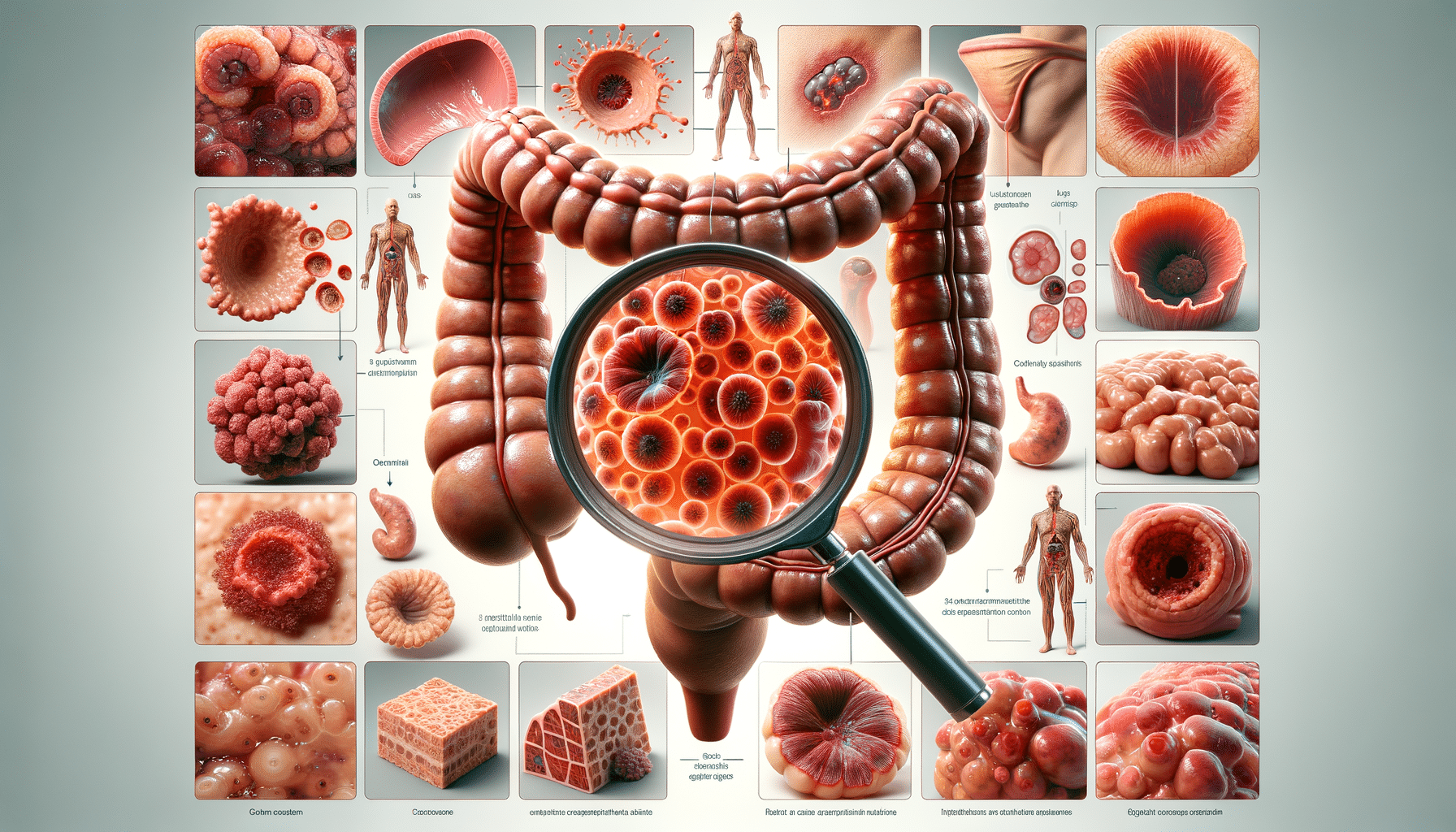
Colon Cancer: How It Spreads, Early Signs, and What You Need to Know
Understanding Colon Cancer
Colon cancer, also known as colorectal cancer, is a type of cancer that begins in the colon or rectum. It is one of the most common cancers worldwide, affecting both men and women. The colon is a part of the digestive system, and cancer here can disrupt normal bodily functions. Understanding colon cancer is crucial because early detection can significantly improve treatment outcomes.
Colon cancer typically begins as small, noncancerous clumps of cells called polyps. Over time, some of these polyps can become cancerous. Regular screening tests can help identify these polyps so they can be removed before they turn into cancer. The progression from a benign polyp to cancer can take several years, which provides a window of opportunity for early detection and intervention.
Risk factors for colon cancer include age, family history, certain genetic syndromes, a diet high in red or processed meats, smoking, and heavy alcohol use. Understanding these risk factors can help individuals take preventive measures, such as lifestyle changes and regular screenings, to reduce their risk of developing colon cancer.
How Colon Cancer Spreads
Colon cancer can spread, or metastasize, to other parts of the body. The process of metastasis involves cancer cells breaking away from the original tumor and traveling through the blood or lymphatic system to form new tumors in other organs. Understanding where colon cancer spreads first is crucial for effective treatment planning.
Common sites for colon cancer metastasis include the liver, lungs, and peritoneum. The liver is the most frequent site of metastasis due to its proximity to the colon and its role in filtering blood from the digestive tract. Once cancer has spread, it becomes more challenging to treat and often requires a combination of surgery, chemotherapy, and targeted therapies.
It is important to note that not all cases of colon cancer will metastasize. Early-stage cancers confined to the colon have a better prognosis and are often curable with surgery alone. However, once cancer has spread beyond the colon, the treatment approach becomes more complex and may involve systemic therapies to target cancer cells throughout the body.
Early Signs and Symptoms
Recognizing the early signs of colon cancer can lead to timely diagnosis and treatment. Unfortunately, early-stage colon cancer often presents with no symptoms, making regular screenings crucial. However, as the disease progresses, certain symptoms may become apparent.
Common early signs of colon cancer include:
- Changes in bowel habits, such as diarrhea or constipation
- Blood in the stool, which may appear as bright red or very dark
- Persistent abdominal discomfort, such as cramps, gas, or pain
- A feeling that the bowel doesn’t empty completely
- Weakness or fatigue
- Unexplained weight loss
If you experience any of these symptoms, especially if they persist, it is important to consult a healthcare provider. Early detection through screening, such as colonoscopy, can identify cancer at a stage when it is most treatable. This underscores the importance of regular screenings, particularly for individuals over the age of 50 or those with risk factors.
Diagnosis and Treatment Options
Diagnosing colon cancer typically involves a combination of medical history, physical examination, and diagnostic tests. A colonoscopy is the most common procedure used to visually inspect the colon and rectum for cancerous growths. During this procedure, polyps can be removed and biopsied to confirm the presence of cancer.
Once diagnosed, the treatment plan for colon cancer depends on the stage of the disease. Treatment options may include:
- Surgery to remove cancerous tissue
- Chemotherapy to kill cancer cells
- Radiation therapy to target cancer cells in specific areas
- Targeted therapies that focus on specific cancer cell mechanisms
- Immunotherapy to boost the body’s immune response against cancer
The choice of treatment is influenced by several factors, including the cancer’s stage, location, and the patient’s overall health. Multidisciplinary teams often collaborate to develop personalized treatment plans that aim to achieve the best possible outcomes while minimizing side effects.
Conclusion: Importance of Awareness and Regular Screenings
Colon cancer is a significant health concern, but with increased awareness and regular screenings, its impact can be reduced. Understanding how colon cancer spreads and recognizing early signs are vital steps in ensuring timely diagnosis and treatment. For individuals at risk, regular screenings like colonoscopies can detect cancer early, when it is most treatable.
By adopting a healthy lifestyle, staying informed about risk factors, and adhering to recommended screening guidelines, individuals can take proactive steps to protect themselves against colon cancer. Early detection not only improves survival rates but also enhances the quality of life for those diagnosed with this condition.
Ultimately, increased awareness and education about colon cancer can lead to better outcomes and a reduction in the number of lives affected by this disease. It is essential to continue promoting knowledge and encouraging preventive measures to combat colon cancer effectively.


